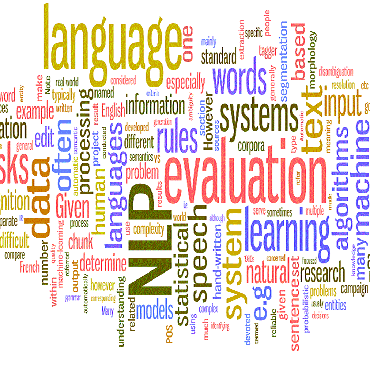In this essay I will consider a sequence of questions, ending with one about the breadth and depth of the epistemic limitations of our our science and mathematics. I will then suggest a possible way to circumvent such limitations. I begin by considering questions about the biological function of intelligence. This will lead into questions concerning human language, perhaps the most important cognitive prosthesis we have ever developed. While it is traditional to rhapsodize about the perceptual power provided by human language, I will emphasize how horribly limited - and therefore limiting - it is. This will lead to questions of whether human mathematics, being so deeply grounded in our language, is also deeply limited. I will then combine all of this into a partial, sort-of, sideways answer to the guiding question of this essay: what we can ever discern about all that we cannot even conceive of?
翻译:在本篇论文中,我将考虑一系列问题,最后将谈谈我们科学和数学的认知局限的广度和深度。然后我将提出一种可能的方法来绕过这些限制。我首先考虑关于智力的生物功能的问题。这将引出有关人类语言的问题,也许是我们所开发的最重要的认知假肢。虽然传统是曲解人类语言提供的感知力量,但我将强调它是多么可怕地有限,因此也如此有限。这将导致人类数学是否同样深深扎根于我们的语言,也是极为有限的问题。然后我将所有这一切合并成一个片面的、某种的、侧面的答案,回答这篇论文的指导性问题:我们能够发现什么是我们甚至无法想象的东西?




